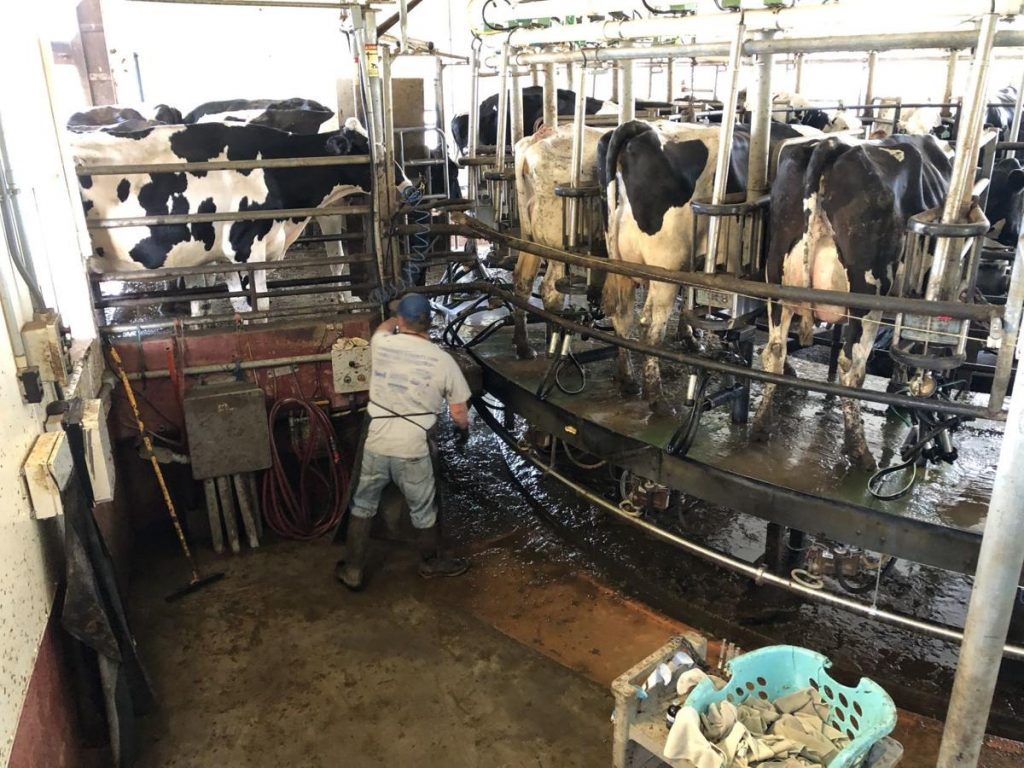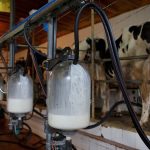
It’s a simple sentence so why does such a large chunk of the non-dairy farming population seem to have a problem understanding the key words – “skilled” and “willing”?
When Stuff ran the story of two South Island farmers desperately trying to get their skilled migrant workers back across our closed borders before the start of calving, it took just minutes for the keyboard warriors to roll out the same tired accusations and arguments.
“Serves them right for choosing migrants over Kiwis!” they cried.
But they didn’t. Not without trying to find Kiwi workers first, anyway. Because even if they didn’t want to employ New Zealanders, farmers have a legal obligation to advertise for local staff before they’re able to start recruiting offshore.
But farming is vastly more complicated than most people understand. Those farmers needed skilled, experienced staff and they couldn’t find them here.
In the end they (quite rightly) chose workers able to do the job over others more likely to be about as much use as you-know-whats on a bull.
The workers they chose just happened to be from overseas.
“So train Kiwis!” the urban hordes demanded.
Way ahead of you. There are multiple pathways into the dairy industry for any Kiwi with an interest and a willingness to learn and progress.
There’s formal training through Primary ITO, polytechs and institutes of technology. You can get an agricultural degree, if that’s your thing, or you can train on the job.
There are cadetships, apprenticeships, summer internships and even scholarships. And this week, DairyNZ started its first “farm ready” entry-level course for career changers through its Go Dairy campaign.
There is training to be had and guess what? If those farmers can get their skilled migrants back, they could help train Kiwis, too. Imagine that.
But calving is not the time to take on new, inexperienced staff. It’s dairy farming at its absolute busiest, when farmers need a reliable team who know their farm, its systems and its animals and can get the job done safely, with minimal supervision.
And then the keyboard warriors really unleashed: “They can’t find Kiwis because they’re rubbish employers who make their staff work 25 hours a day, eight days a week for less than the minimum wage, and they have to walk three miles in the snow with no shoes just to get to the milking shed! Who would want to do that?! “
A: The vast expanse of those sweeping generalisations is truly breathtaking.
Of course there are some rubbish employers, it’s a big industry. Show me one without a few bad apples.
In my experience, most farmers are nice, normal people. They have families, compassion and common sense.
Yes, farming is a business and they want it to be profitable but you know what’s not conducive to making a good profit? Working your employees into the ground.
I’ve been in this job for four years, covering all sorts of farms up and down the country, and I have yet to meet a farmer who doesn’t recognise that fact.
I’m not saying those rubbish employers aren’t out there, I’m saying don’t tar the whole industry with the same brush just because your friend’s cousin’s mate might have had a bad experience.
That said, if you had issues with a boss in any other job, you could bring in an advocate, seek legal advice or, worst case scenario, leave. Why would your options be any different on a farm?
B: At the bottom of the career ladder, dairy farm assistants start out on an average of $42,000 a year. Herd and assistant managers earn $50,000-$55,000 and farm managers can expect upwards of $70,000.
Often accommodation, milk and meat will make up part of the total pay “package” but dairy farmers are not a law unto themselves. They’re subject to the same rules and regulations as any other employer and farm staff have the same protections.
C: If you genuinely believe the dairy industry is so terrible and the employers so vile, why are you so keen for Kiwis to take the available jobs?
A couple more facts:
1: There are at least 1000 dairy jobs available on New Zealand farms right now. At least, right now.
That’s plenty to go around, is it not?
2: You cannot – a little louder for the people in the back: YOU CANNOT – select 1000 out of work New Zealanders at random, plonk them down on dairy farms just weeks out from the start of calving and expect the problem to be solved.
Nor can you select 1000 random migrants. Whoever you select needs to be skilled or willing and preferably both.
3: The vast majority of Kiwis are apparently neither.

























